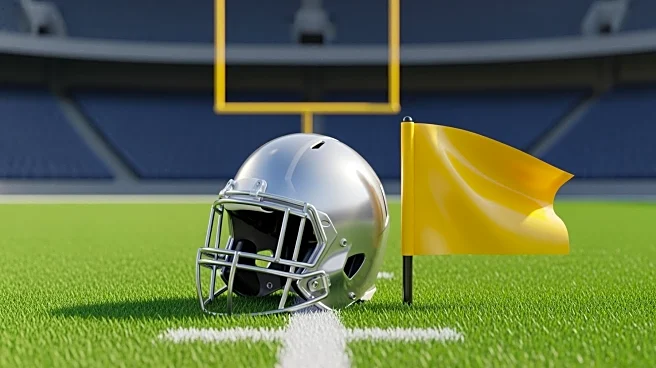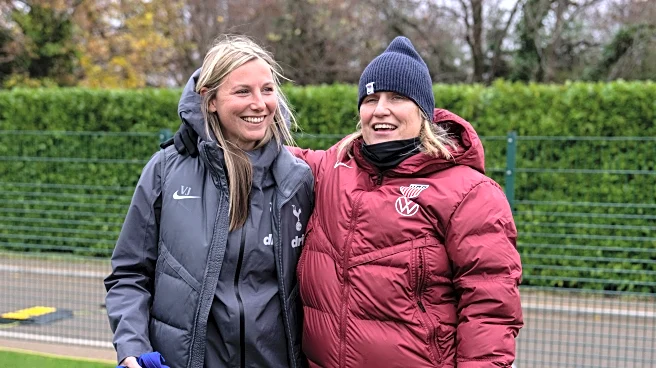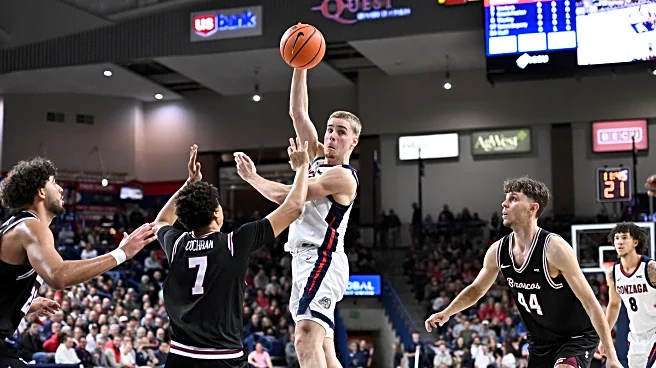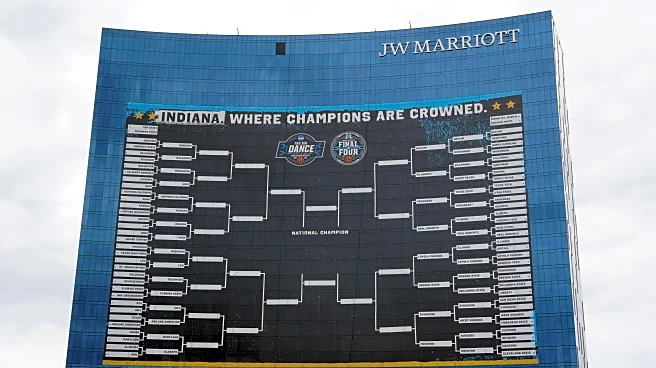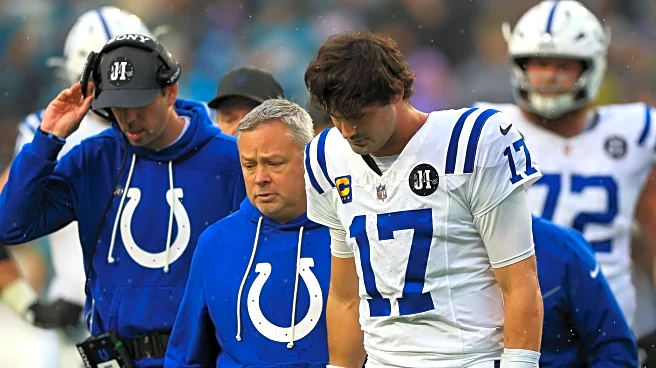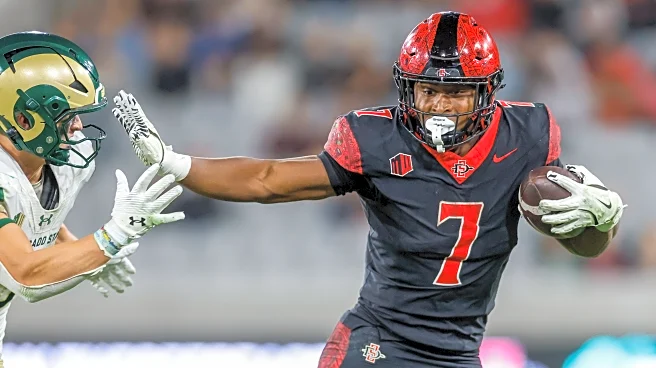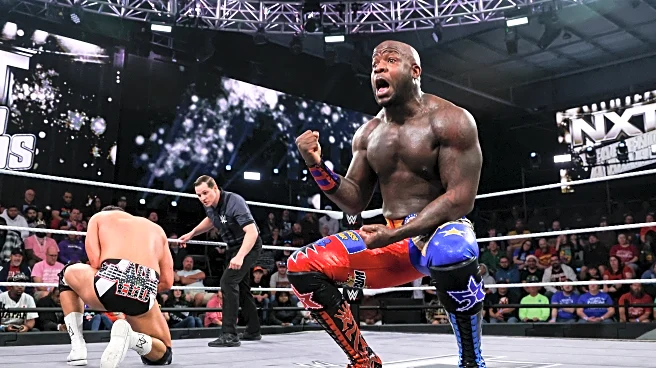What's Happening?
During a recent NFL game between the Green Bay Packers and the Arizona Cardinals, Packers linebacker Quay Walker was fined $17,389 for a hit on Cardinals quarterback Jacoby Brissett. The fine was imposed
for a blow to the head/neck area, which is considered a violation of the league's rules designed to protect players from unnecessary risks. The game ended with a close score of 27-23 in favor of the Packers, despite the Cardinals having more possession time and yardage. The NFL regularly penalizes players for actions that compromise player safety and game integrity, and Walker's fine is part of this ongoing effort.
Why It's Important?
The NFL's decision to fine Quay Walker underscores the league's commitment to player safety, particularly concerning hits on quarterbacks. Such fines are intended to deter dangerous play and maintain the integrity of the game. The funds collected from these fines are directed to the Professional Athletes Foundation and the NFL Foundation, supporting athlete health and safety initiatives. This action reflects the league's broader strategy to minimize injuries and promote fair play, impacting how teams approach defensive strategies and player conduct on the field.
What's Next?
The NFL's enforcement of fines for dangerous play is likely to continue, with potential implications for how teams train and discipline their players. As the league emphasizes player safety, teams may need to adjust their defensive tactics to avoid penalties. This could lead to changes in coaching strategies and player behavior, as teams strive to balance aggressive play with adherence to safety regulations. The ongoing scrutiny of player conduct may also influence future rule changes or adjustments in fine amounts.
Beyond the Headlines
The fine against Quay Walker highlights the ethical considerations in professional sports regarding player safety and the responsibility of leagues to protect their athletes. It raises questions about the balance between competitive play and safety, and how leagues can effectively enforce rules without compromising the spirit of the game. This incident may contribute to broader discussions on the role of sports organizations in safeguarding player welfare and the potential need for more stringent regulations.
